In recent months, the current crisis centered on the corona virus has diverted attention from the more long-term climate crisis. But then the demand came from all over Europe to use government economic stimulus packages specifically to support more sustainable economic sectors. Many people demand a “Green Recovery”, including us at Fraunhofer ISE for the European solar industry.
As with all driving forces behind the energy transition, the solar industry’s central impetus is the containment of climate change. Consequently, the PV market will grow regardless of circumstances! This is not only the case in Germany. In 2050 more than 5 TW of installed capacity is expected for Europe and more than 60 TW worldwide. For comparison: by the end of 2019 a total of 0.627 TW had been installed worldwide. PV is therefore a growing market and Germany as an industrial nation should benefit from this.
Germany continues to be a pioneer in the field of PV research. Many efficiency records are held by German research institutions and there are many innovations ready for implementation. Unfortunately the state of industrial production in Germany is, as we all know, very different. At present, solar cells are manufactured almost exclusively in Asia. The crisis and the demise of the German PV industry, beginning in 2012 with the insolvency of Q-Cells and ending with the insolvency of SolarWorld in 2017, is currently leading policymakers, and the banking sector in particular, to regard photovoltaics more akin to an “unloved child”.
However, much has changed in recent times and a reassessment is needed. Back in 2018, I already pointed out in a white paper entitled “10GW GreenFab” that it is economically, but also socio-politically important for Europe to maintain a European solar industry and thus have a local presence along the entire PV value chain. This approach comprises three aspects:
1. Security of Energy Supplies
Let’s consider first of all the experiences made with the previous energy system, which relied heavily on fossil fuels. The oil crisis in the late 1970s demonstrated very clearly that dependence on oil imports can pose a massive threat to our economy and thus to our living conditions. As a consequence, measures were taken, e.g. stockpiling and using different transport routes, and there were even wars being fought worldwide to secure the supply.
The measures taken at that time continue to be relevant for the current situation in Germany, as is evident in the current draft of the National Energy and Climate Plan. Under the “Security of Energy Supply” dimension, it is described how fossil energy sources are to be handled in order to ensure security of energy supply. One interesting point to note is that there is practically no explanation given as to how the future energy system based on renewables is to be secured. In my opinion, it is imperative that we consider this aspect as well. If, for example, we completely lose the technological ability to produce solar modules, the current dependence on gas and oil will be replaced by dependence on PV module providers in Asia.
This dependency can only be avoided if the entire PV value chain in Europe is established at an industrial level. To clarify, I do not believe that this means that the market should be 100% covered by European production. Global competition is both right and important. It just has to be fair.
2. European PV Modules are Capable of Competing with Asian Ones
The demand for European production is followed by the central question of whether this requires permanent subsidies. My answer here is a clear no! Fraunhofer ISE recently conducted a study on the competitiveness of industrial PV production on behalf of the Mechanical Engineering Industry Association (VDMA). In this study, a direct comparison of production costs in China and in Europe resp. Germany was carried out. The reference chosen was a 1GW production based on the PERC solar cell structure. According to the results of the study, the production costs in Europe are comparable to those in China – although material components are supplied from China.
This is due to the fact that the supply industry does not currently have a presence in Europe. Solar glass is now only produced in small quantities within Europe, and the market price is correspondingly more expensive. Assuming that the European supplier industry flourishes – which will create more jobs – the study shows that production costs in Europe are no higher than in China.
There is even a cost advantage for Europe if transport costs are taken into account. The transport of a PV module from Asia to Europe costs 1-3 €cent/Wp. Soon the production costs of highly efficient modules will be in the range of 20-25 €cent/Wp. This means that transport costs already account for about 10% of the total costs. In 2012, when module prices were still at 60 €cent/Wp, this share was negligible. It must therefore be made clear that the very substantial cost reduction in the actual production process results in changes to the overall module. In the future, the share of logistics costs will continue to rise.
3. CO2 Balance of the PV Module Production
Ultimately, the entire life cycle of renewables should also be considered in terms of the CO2 balance. In France, this parameter, rather than just the price of the project alone, is already taken into account when evaluating PV tenders. Our analyses show that the production of PV modules in China emits 0.75 kg CO2/Wp, whereas in Germany it is 0.46 kg CO2/Wp. Of course, these figures strongly reflect the current energy mix in the provision of electricity in the two countries. A faster reduction in CO2 emissions can be expected for Germany than for China.
If the difference in emissions were subject to a CO2 price of 50 €/tonne CO2, the price of modules from China would rise by 1.5 € cents/Wp. This is a distinct plus for Europe, if we remember the goal of CO2 reduction. If the European Commission were to take the New Green Deal and the carbon border tax seriously, the production of PV modules in Europe would become very economically attractive. But even without this element there is no need for permanent subsidies. Politicians simply have to ensure that there is a fair-playing field between the European solar industry and China.
The Experiences of the Past Months Strengthen the European Solar Industry
Although there have been encouraging announcements in recent weeks, such as those from REC or Meyer Burger, the question remains: Why is there still no large-scale European production that is also politically supported? In my opinion, the last two years have been necessary to refine the arguments and to back them up with data. Politicians have asked about investors, investors have asked about political support – the classic Chick-egg dilemma.
Due to the Fridays for Future movement, but also due to the experiences in the current Corona crisis regarding system-critical supply dependencies for e.g. basic chemicals for pharmaceuticals or masks, there is currently openness on the political side to talk about system relevant technologies. With Mrs. von der Leyen and the goal of the “New Green Deal” (see e.g. https://ec.europa.eu/info/strategy/priorities-2019-2024/european-green-deal_en) boundary conditions are being readjusted.
But the European solar industry itself has also learned from the experience of the Corona crisis – the dependencies on Asian suppliers and module manufacturers have become clear and the willingness to look to the future has grown. Module costs account for about 30 % of system costs. In the case of energy supply costs in €cent/kWh, this figure is even lower. If module costs were to rise slightly, but the risk in delivery was minimized and a high quality standard was ensured, EPCs would be able to cope.
And most importantly: the market volume in Europe and Germany increased by almost 100 % last year. If politicians now demonstrate their commitment to the energy turnaround and clearly support the expansion of renewables as described above, further investments in production facilities will be made. The market will also continue to grow year after year. It is in all of our interests.
Cover image © MEV-Verlag

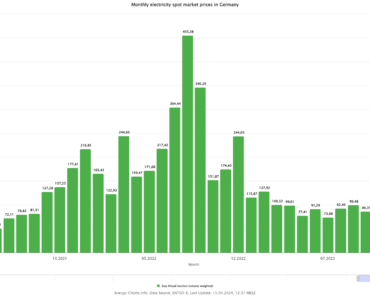
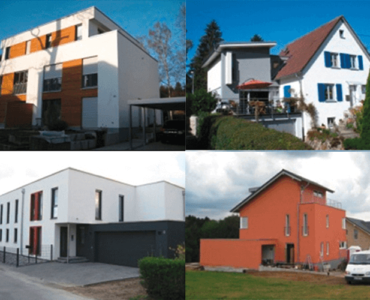
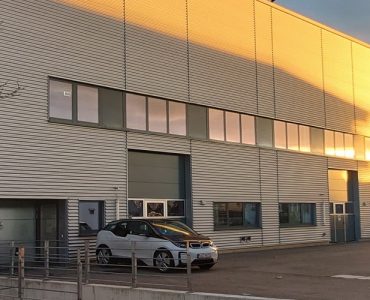
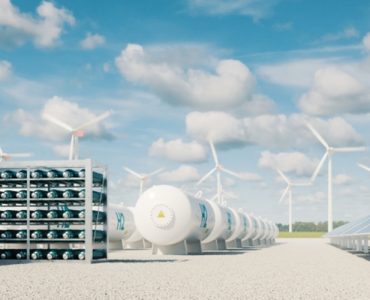
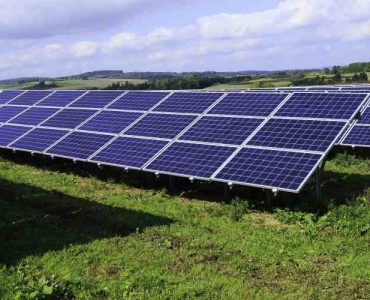

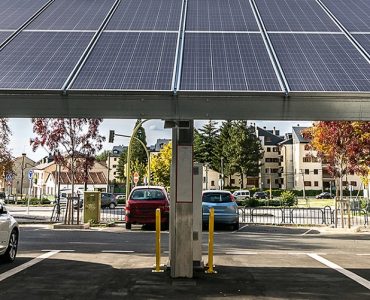





Add comment